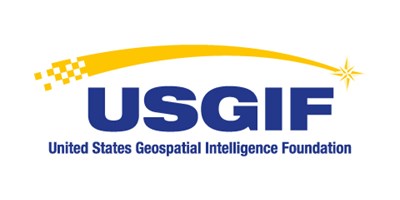The Postgraduate Program in Geospatial Data Science provides the necessary skills for the analysis, modeling, and visualization of geographic information, and aims to train professionals for the role of artificial intelligence, programming, and data mining in the development of solutions to challenges and societal problems in the public and private sectors.
This program is developed in collaboration with UNIGIS, an international network that brings together the best schools in Geographic Information Systems and Science and it gives access to the Geospatial Intelligence (GEOINT) certificate accredited by the United States Geospatial Intelligence Foundation (USGIF).
This Postgraduate program is taught in b-learning and e-learning formats. It gives access to the Master Degree Program in Geographic Information Systems and Science.
The applications for this program are open between February 5th and March 5th, 2026. To apply, click here.







